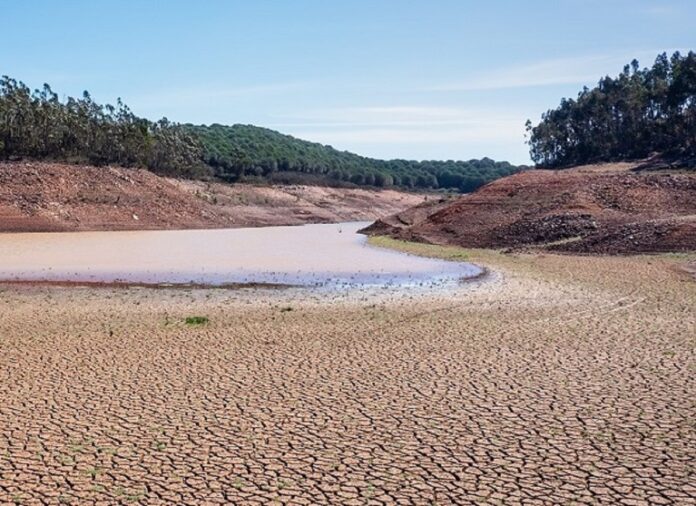A new report has found that global heating is changing the Earth’s water cycle – intensifying storms, floods and droughts, affecting entire ecosystems and billions of people.
The 2024 Global Water Monitor Report, produced by an international team of researchers from universities in Australia, Saudi Arabia, China, Germany and elsewhere, used data from thousands of ground stations and satellites to assess critical water variables such as rainfall, soil moisture, river flows, and flooding.
The researchers warn that global heating is changing the way water moves around the Earth, with water disasters in 2024 – the hottest year on record – resulting in the death of at least 8,700 people, driving 40 million from their homes and causing economic damage of more than £445bn.
Rising temperatures caused by the continued use of fossil fuels can disrupt the water cycle in multiple ways, with warmer air holding more water vapour, leading to more intense downpours; warmer seas providing more energy to hurricanes and typhoons; and global heating increasing drought due to greater evaporation of water from soil, in addition to disrupting rainfall patterns.
The report’s authors warn that seasonal climate forecasts for 2025, assessed alongside current environmental conditions, suggest droughts could worsen in northern South America, southern Africa, and parts of Asia, with wetter regions such as Sahel (a biogeographical region in Africa) and Europe potentially exposed to elevated flood risk.








